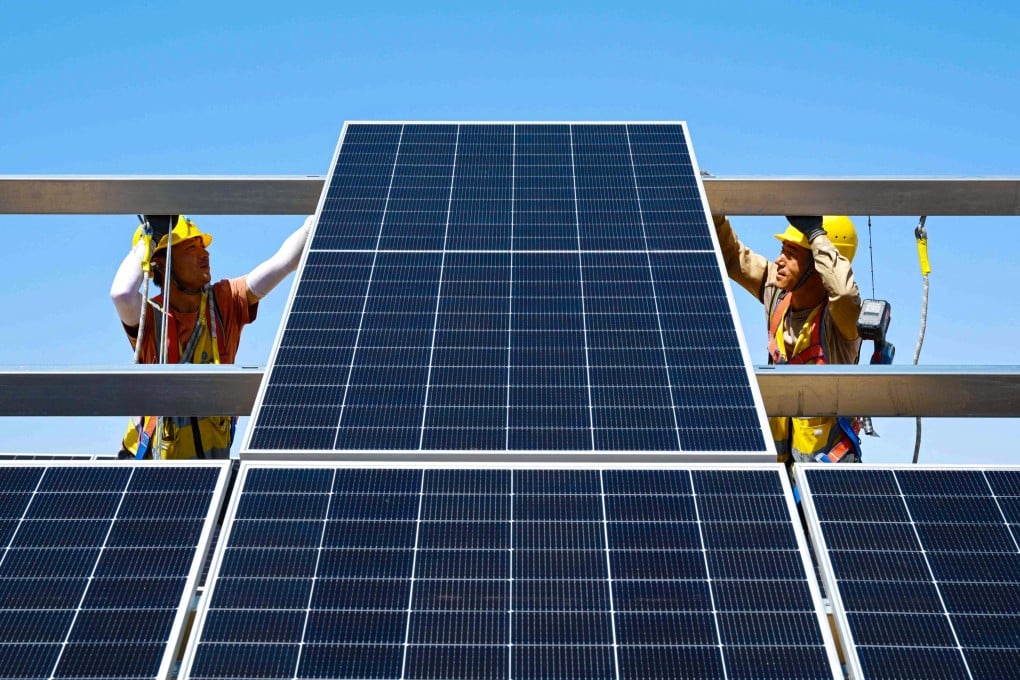China’s ‘involution’ trap is hurting nation’s competitiveness, state media warns
Economic Daily commentary says ‘neijuan’ – a self-defeating cycle of too much competition – is still prevalent and poses a threat to sustainable growth

Chinese state media has refreshed its calls for local-level governments and businesses to refrain from unhealthy, exhausting competition that is feared to be damaging the competitiveness of the nation’s economy, as the issue remains a headache for Beijing.
Explaining the term as “the harder you work, the less you gain”, the state-owned newspaper focusing on economic reports urged government officials and business owners to focus on long-term economic health rather than short-term gains.
Such a phenomenon “traps all kinds of entities in a vicious cycle of low-price, low-quality, and ineffective repeated competition, ultimately damaging the overall competitiveness of related industries in China”, it said.
Among local governments, that type of self-defeating competition includes misguided efforts to attract businesses through unsustainable policies – such as offering excessive incentives like tax breaks and subsidies – resulting in rising debt and long-term risks, the newspaper noted.
For businesses, “involution” manifests in excessive price wars, a lack of differentiation, and a focus on short-term profits at the expense of long-term innovation, which leads to resource waste, stagnation and lowered overall competitiveness.